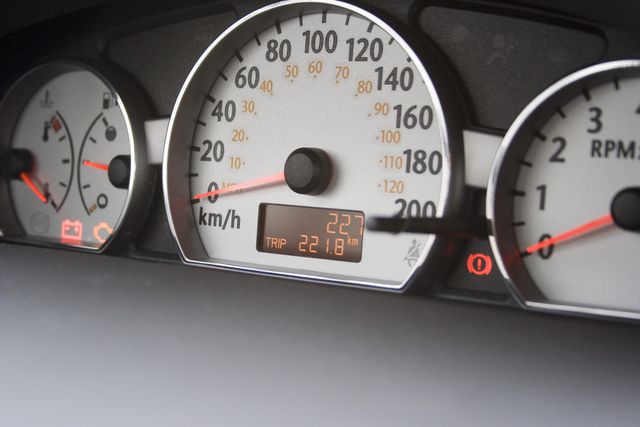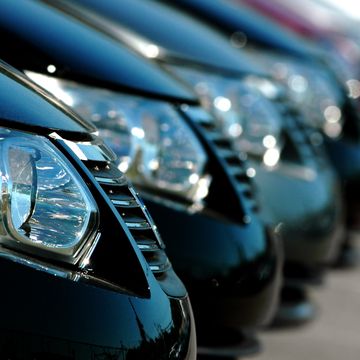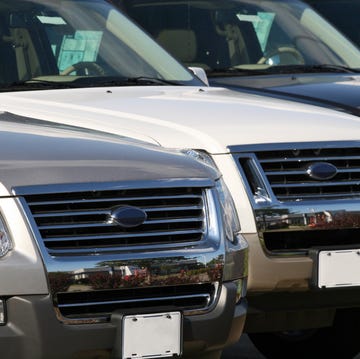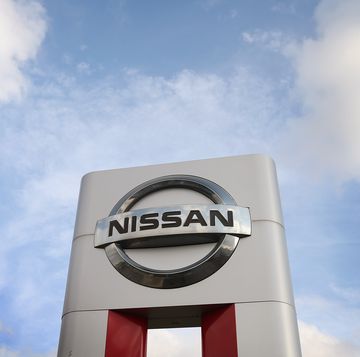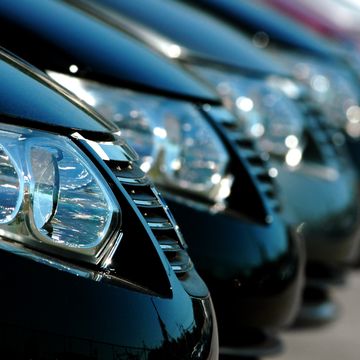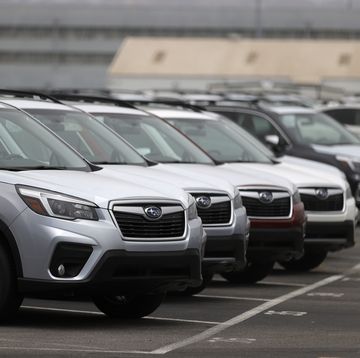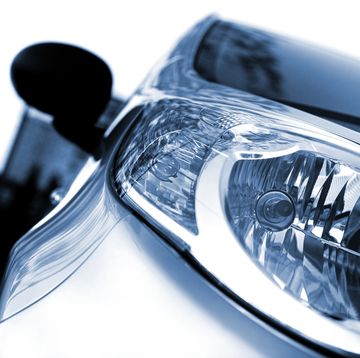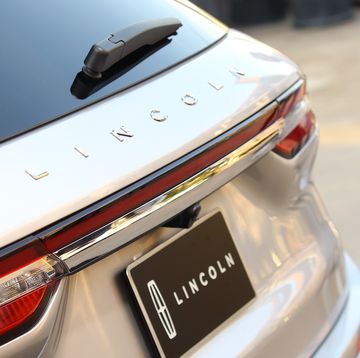It’s a common assumption that brand-new cars from the dealership have zero miles, but that’s rarely the case. While every new car will have at least a few miles on the odometer, there is a threshold for what's considered acceptable.
In general, you can expect a new car to have less than 100 miles on it, simply from transport and test drivers. If the car’s mileage exceeds this limit, it might be appropriate to ask for a discounted price or a replacement vehicle.
Ready for a new car? Easily compare auto loan rates from lenders below.
How Many Miles is Acceptable for a New Car?
Estimating an acceptable delivery mileage isn't an exact science, as the amount can vary by manufacturer and dealer. The general rule, though, is that anything under 200 miles is acceptable for a new car.
That allows enough capacity for transport from the shipping port or between dealerships if the car is sent to a new showroom. It's also unlikely that the car would suffer any technical issues with fewer than 200 miles.
That said, most new cars have far fewer than 200 miles, especially if the car recently arrived at the dealership. It’s not uncommon to see new cars with between 10 and 50 miles on them right off the lot, especially if you’re the first test driver.
Ultimately, how many miles is “too many” for a new car depends on your preferences and the car's price. No new car will have zero miles, as mileage occurs during transport.
However, if the odometer shows more than 100 miles or so, you might want to find another vehicle, as this one might have been used frequently for test drives.
Test Drives and Breaking in a New Car
While you certainly don't want your new car to have more than 200 miles on it, there is a benefit to buying a car that has been test-driven: It's been broken in.
If the car has been test-driven a few times before you get in the driver’s seat, it means the break-in process has already begun. The process of driving a brand-new car seals the piston rings in the cylinders and ensures they can withstand the pressure of regular operation. Buying a vehicle that has been test-driven can make the break-in process faster and easier.
That said, you have no control over how the car is driven during that time, and the first few hundred miles are crucial to ensure the engine is properly broken in. Some manufacturers even recommend limiting high acceleration for the first 1,000 miles.
Should You Buy a New Car?
Buying a brand-new car has a number of benefits, including a very low mileage. But before you decide to purchase a brand-new car, you might want to consider some other types of vehicles. Demo cars and used cars might have a higher mileage, but they typically come at a much lower price.
Demo Cars
A demo car is a vehicle that was used for customer test drives, or was used for dealership employees to drive and commute in. These cars have never been registered, which means, legally, they're considered new, regardless of the mileage.
And because demo models are often popular, in-demand vehicles, buying a demo might be the only way to get the car you really want.
But just because these cars are considered new, doesn’t mean they’re in excellent condition. Demo cars usually have considerable mileage and can have wear and tear that might not be immediately apparent. While you might be able to get a good deal on a demo model, it’s not guaranteed.
Used Cars
A used car is an older vehicle that has had one or more previous owners who have driven the car for personal use. The biggest benefit of a used car is the price. Oftentimes, you can buy a used car at a steep discount, due to depreciation.
However, keep in mind that someone else was in charge of the car’s maintenance and servicing. You also don’t know how the vehicle was driven and treated by past owners.
If possible, it's a good idea to purchase a used car from a dealership you trust and review the car's records and service history before you buy it.
Ultimately, the choice between a new or used car is yours alone. Evaluate your budget and visit a reputable dealership.
However, if you're buying new, don't hesitate to ask for a different car if you notice that the odometer is near or over 100 miles. You'll likely be driving the car for years to come, and those first few hundred miles can have a big impact on the life of the engine.
Elizabeth Rivelli is a freelance writer with more than three years of experience covering personal finance and insurance. She has extensive knowledge of various insurance lines, including car insurance and property insurance. Her byline has appeared in dozens of online finance publications, like The Balance, Investopedia, Reviews.com, Forbes, and Bankrate.
